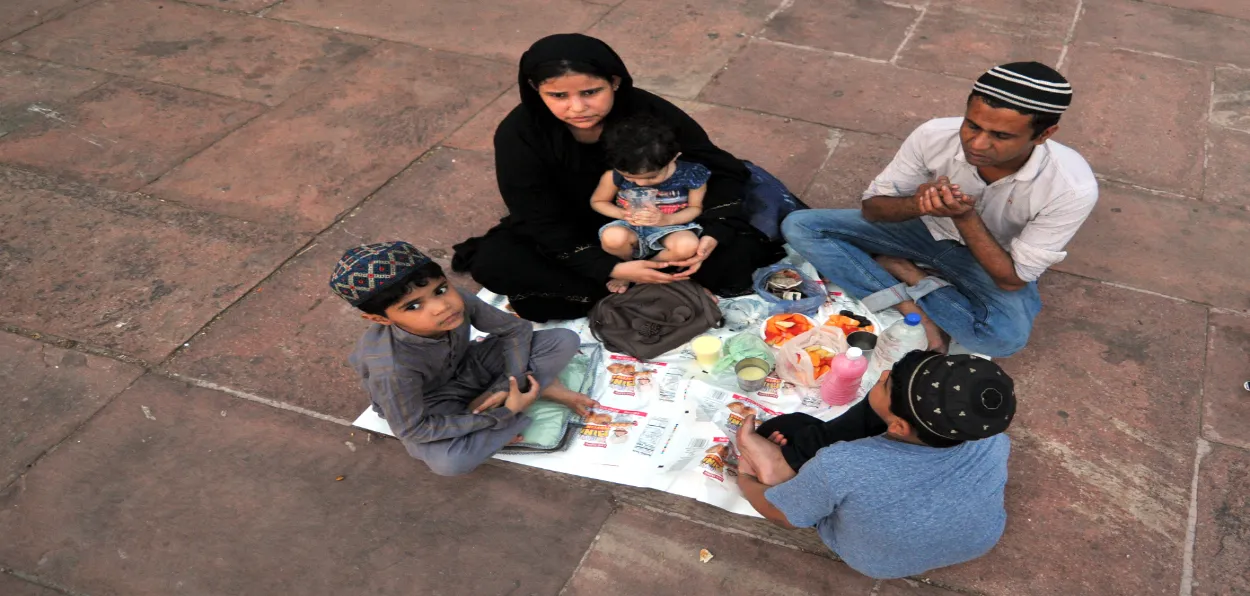
Eman Sakina
Islamic teachings put great emphasis on how we deal with people in our daily lives. The Prophet summed up his message by stating: “I have been sent to perfect the best of manners”. As Muslims, we, therefore, have to be aware of how each one of us deals with people in our circles. Our good dealings will not only ensure that we are not violating other people’s rights but can also make us accepted, loved, and appreciated by others.
Friday Musings
Humans have a variety of desires. To survive in society, one must continually deal with upsetting circumstances and unpleasant encounters that, if not managed appropriately, might cause one to experience negative emotions. So, it is crucial to regularly engage in self-reflection or introspection. Daily introspection and reflection were a part of the Prophet of Islam's Sunnah or way of life. Frequent self-reflection helps you live up to the ideals of Islam by allowing you to examine your behaviour, words, and intentions.
There are two areas for introspection. Some are evils that we know to be bad and others are hidden or secret evils. All evils or unwanted actions fall into one of these categories. Regular introspection helps us to check if we are engaging in either category of evil.
In Islam, consuming wine, dealing in usury, committing murder, engaging in adultery, and eating pork, for instance, are forbidden. All Muslims know or should know these to be wrong and refrain from these actions. These can be called ‘unjustified evils’, since Islam forbids them. Believers cannot justify them in any way.
However, other evils can be called ‘justified evils’. People who engage in these evils offer what they regard as justifications for them. Consciously or otherwise, they do not believe these actions to be sinful because they are wrongly sought to be justified as ‘good’.
The following verse from the Quran underlines the importance of introspection: “When any evil suggestion from Satan touches those who fear God, they are instantly alerted and become watchful” (7: 201). Introspection, therefore, is related to the fear of God. When you discover God, you discover God as the Almighty, as the Creator, as Lord of the Day of Judgment. This discovery makes you extremely cautious, realizing that one day you will be brought before God. God created this world as a testing ground and every human being in this world has been put to the test. When you read the Quran, the Book of God, you learn that two angels as Divine watchers are busy maintaining a record of our actions and intentions. This record will be presented to God, and we will be rewarded or punished according to it.
It is in human nature to commit mistakes, but the real evil is not to admit your mistake. It's not that a true believer does not make mistakes. Rather, when he realizes committing a mistake, he immediately says, ‘I was wrong.’
ALSO READ: What does Islam says about killing of unborn babies?
Confessing one’s mistake is like taking a spiritual bath that purifies you. This can come about only through constant and sincere introspection.
You can avoid punishment in the future by reflecting on the present. Reflecting on your life before death can prevent you from suffering consequences after death. So, faith, Islam, being aware of God, and piety all depend on introspection. Islam cannot exist if one is not reflective. Without introspection, a Muslim character cannot exist.
